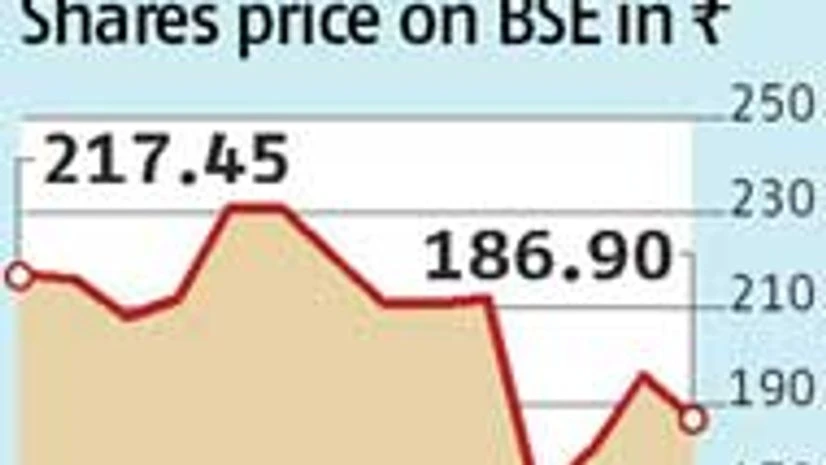After issuing a proposal order to merge National Spot Exchange Ltd (NSEL) with Financial Technologies (India) Ltd, the government is considering another to make a complete or partial change in the board of the merged entity.
“Consultation among various government departments is on. We will also consider the ideas put forth by FMC,” said a senior government official. The Forward Markets Commission (FMC), the commodities market regulator, had suggested a takeover of the FTIL management.
Jignesh Shah, promoter of FTIL, is being probed by city police’s economic offences wing for his role in NSEL’s Rs 5,600-payment crisis. FTIL shares closed 4.6 per cent down on Monday at the BSE, at Rs 186.90.

Following a draft order to merge NSEL into FTIL, the government is now starting a process to assess compensation amounts. A chartered accountants’ entity could be appointed in this regard.
The order came about a year after a Rs 5,600-crore payment crisis broke out at NSEL, leaving 13,000 investors in the lurch.
This is the first time the ministry of corporate affairs has invoked a clause in the Companies Act for a forced merger in the private sector in the “public interest”. If the order takes effect, NSEL will be dissolved. This is likely only after two months, as the ministry has given this time to FTIL and NSEL to give suggestions and objections.
After such a merger, FTIL would take over all the liabilities of NSEL, including payments due to investors and others.
Soon after the government’s amalgamation order on October 21, FTIL had made a brief statement that it “is taking appropriate steps in the matter in consultation with the legal counsel of the company”.
The ministry’s decision came more than a year after the payment scam at NSEL came to light, in July 2013. The move has been initiated taking into consideration “essential public interest”, as the exchange is “not left with any viable or sustainable business, while FTIL has necessary resources to facilitate speedy recovery of dues”.
So far, the crisis-hit spot exchange has managed to recover only little over Rs 360 crore of dues from defaulters, a part of which has been disbursed and the rest is in an escrow account. Funds worth about Rs 5,300 crore are yet to be recovered for subsequent payment to affected investors.

)
